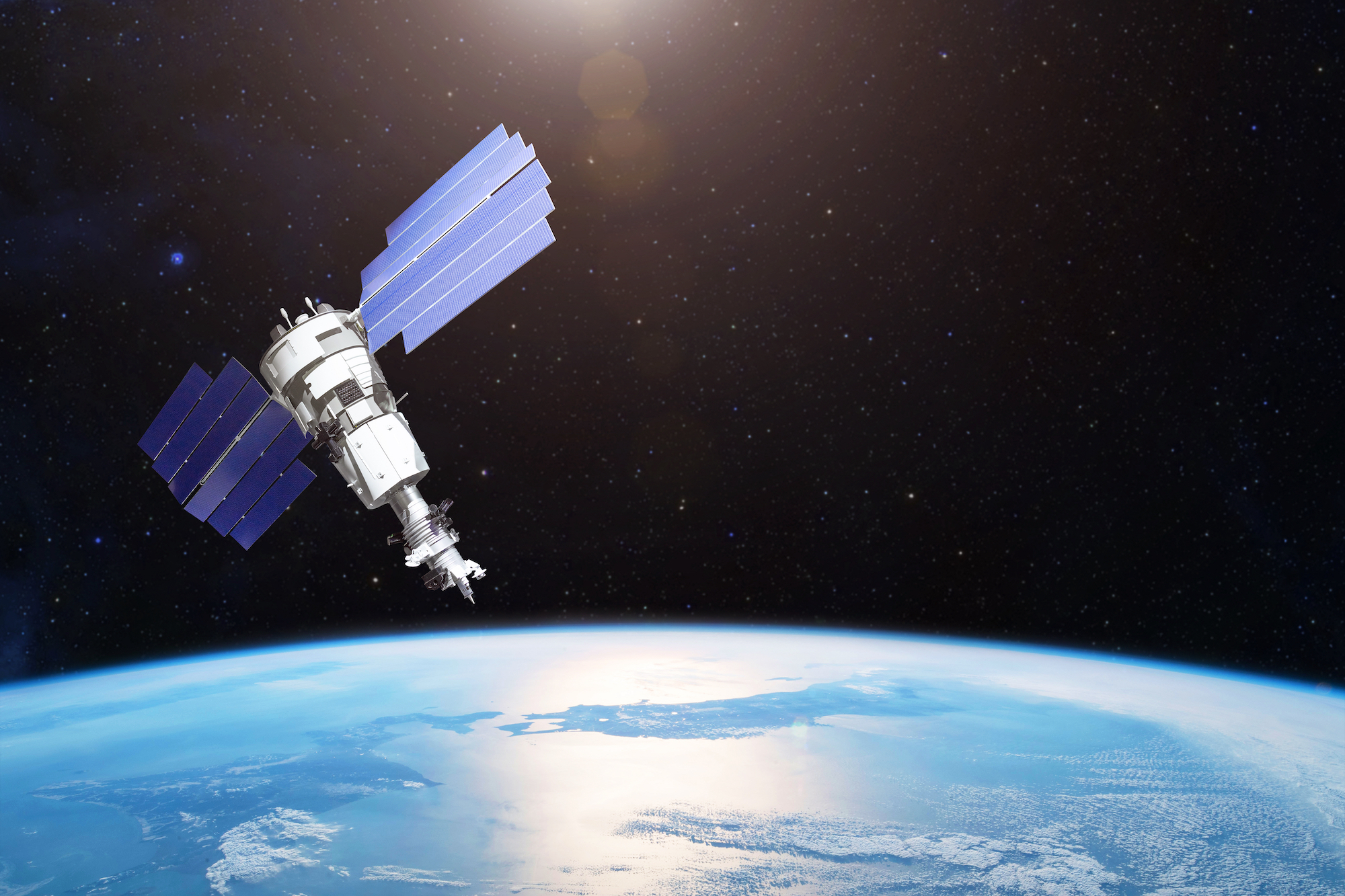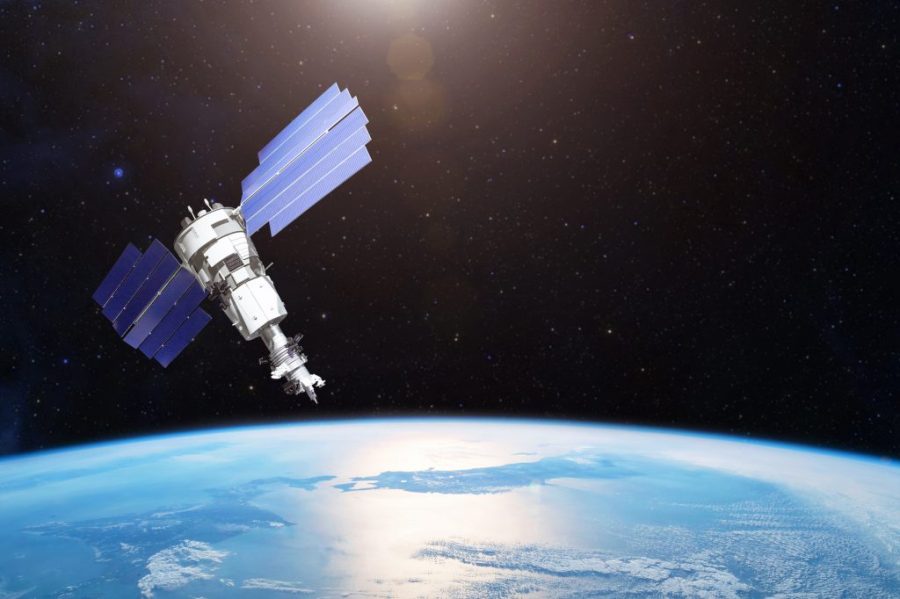Macao’s participation in mainland China’s manned space programme should encourage the younger generation to devote themselves to scientific research in the future, Civil Aviation Authority (AACM) President Simon Chan Weng Hong has said.
For the first time, Macao is selecting candidates to be trained as payload specialists who will have the opportunity to undertake scientific research and experiments in space and operate the space laboratory equipment.
The selection process is divided into three stages and will take 18 months. Applications for the payload specialist selection in Macao will be accepted until 17 October.
The programme is organised by the China Manned Space Agency (CMSA), carried out by the China Astronaut Research and Training Centre and coordinated by the Hong Kong and Macao Affairs Office of the State Council. The local co-organisers are the AACM, the Education and Youth Development Bureau (DSEDJ) and the Health Bureau.
Chan said that the selection of the local payload specialists fully reflects the mainland’s support for Macao, as well as the affirmation of the work of Macao’s scientific researchers, and encourages the new generation to study hard and devote themselves to scientific research in the future.
Chan added that 12 to 14 reserve astronauts will be selected, among them seven to eight as spacecraft pilots and five to six as spaceflight engineers including two payload specialists, underlining that one of the payload specialists will be from Macao. The reserve astronauts will receive about two-and-a-half years’ training at the China Astronaut Research and Training Centre before carrying out their mission, Chan added.
Since payload specialists have certain educational requirements and age restrictions, Chan said he believed that the main candidates for payload specialists will be scientific researchers from local colleges and research institutions.
DSEDJ Tertiary Education Department Chief Carlos Roberto Xavier said that the basic requirements for the target candidates are to be Chinese nationals aged 30 to 45 who are permanent residents of Macao with a doctoral degree who have been engaged for at least three years in the research fields of medicine, biology, psychology, physics or chemistry, mechanical or electrical engineering, astronomy and other disciplines. The candidates should also be in good health, he underlined.
According to Xavier, Macao’s tertiary education and research institutions will participate in the selection process by further explaining the necessary requirements to potential applicants. He pointed out that applications will be accepted until 17 October, adding that applicants can seek participating institutions’ assistance.
Dr Wong Wai Lap, medical assessor for the aviation sector of the Health Bureau, said that at the end of the application period, the candidates will undergo a medical examination, including clinical examination, electrophysiological examination, such as an electrocardiogram, blood tests, and imaging examination, adding that their families will also undergo infectious disease examination.
According to the AACM, candidates are required to be 162-175 centimetres in height for men and 160-175 centimetres for women, with no criminal record.
National news agency Xinhua quoted the CMSA as saying that the spaceflight engineers will be selected from those engaged in scientific research and engineering work in aerospace engineering and related fields, while the payload specialists will come from researchers focusing on space science and applications.
As the organiser of the recruitment, the CMSA will, for the first time, select payload specialists from the Hong Kong and Macao special administrative regions, Xinhua pointed out, adding that the spacecraft pilots will be recruited from the in-service pilots of the armed forces, according to the CMSA.
One each of the two payload specialists will be selected from Hong Kong and Macao respectively, The Macau Post Daily reported.






